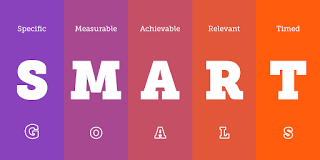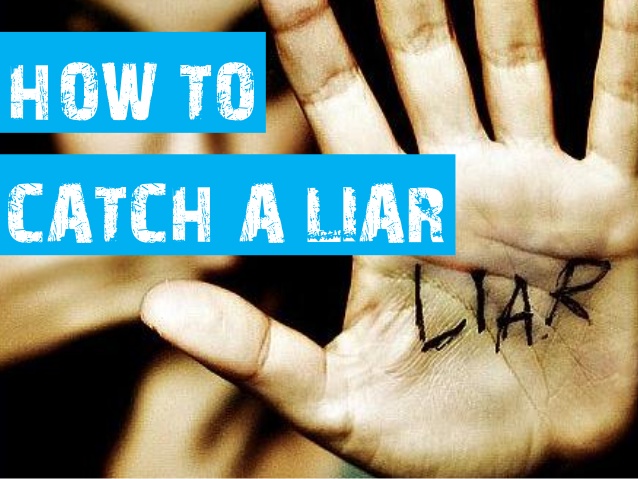
By Randy Moraitis, MA, CIP, BCPC
Newsweek Magazine once said about coaches that “They’re part therapist, part consultant–and they sure know how to succeed in business”. While there is truth to this statement, many important differences do exist between coaching and therapy.
Here are the Top Ten Differences Between Life Coaching and Therapy:
1. Coaching is about achievement; therapy is about healing.
If you want to set and achieve goals to move you forward in life, then you need a coach. If you have past hurts that you have not yet processed through, then you need a therapist.
2. Coaching is about action; therapy is about understanding.
I recently had a client say that she got more out of one coaching session than months spent with a therapist and a psychologist. This may be due to the fact that I assessed her current situation, then gave her specific action steps to move her towards healthier behaviors, and held her accountable to take the action steps.
3. Coaching is about transformation; therapy is about change.
A good coach seeks to guide the client through a transformation in one or more areas of life including career, relationships, emotional wellness, finances, addiction recovery, spiritual life, and physical health and wellness.
4. Coaching is about momentum; therapy is about safety.
Every coaching session should result in specific action steps to move the client closer towards their goals. A momentum is then developed that keeps the client progressing towards the results they seek.
5. Coaching is about intuition; therapy is about feelings.
A coach is more interested in your behavioral choices than your feelings. A good coach will sense how to inspire and motivate you to be the best version of you.
6. Coaching is about joy; therapy is about happiness.
Joy is internal and may derive from one’s beliefs and accomplishments. Happiness is external, future oriented, and can rely on outside situations, events, or people. Coaches often find that their clients have profound joy from their new way of thinking and the goals they have accomplished.
7. Coaching is about performance, therapy is about progress.
The coaching relationship is typically much shorter than the therapy relationship and during this time the coach seeks to motivate peak performance from the client.
Often the coach’s job is to guide their client to a win. For example, I recently coached the director of a large organization through the termination of a toxic employee. The client said hiring a coach was “the best money the organization ever spent”. The client was guided through performing a difficult task the best way possible. The client had a peak performance, and now the entire organization is performing better.
8. Coaching is about synchronicity; therapy is about timing.
In the initial coaching sessions an assessment is performed on various aspects of the client’s life to not only assess current satisfaction levels, but also look for patterns. Later coaching sessions may assess the client’s values, past experiences, and talents or gifting to determine whether there is a common thread or possible synchronicity.
9. Coaching is about attraction; therapy is about protection.
Coaching leads clients into new ways of thinking and behaving that result in the achievement of goals and success.
Some individuals are not quite ready for coaching. They may need to seek treatment from a therapist to build a strong and healthy foundation where they can protect themselves emotionally before working with a coach.
10. Coaching is about creating; therapy is about resolving.
Coaching is about creating a new and exciting future through setting and achieving goals. I often tell clients, “your dream job doesn’t exist–you have to create it!” Coaching looks to the future, often through the coach asking the client a series of thought provoking questions.
Therapy is about resolving–trauma, conflict, past hurts, etc. Therapy is excellent for resolving issues from one’s past.
Hopefully this sheds some light on some of the differences between Life Coaching and Therapy. Both are great tools to help individuals, families, and organizations be healthier, happier lives and more successful.
For more information on coaching, or a referral to a great therapist, please email randy@randymoraitis.com. You can also visit my websites www.randymoraitis.com and www.carepossible.org.
 As a counselor, coach and interventionist I am fascinated by the habits and disciplines that help people live healthy and successful lives. That is why I just love this infographic that I found on success.com. Here is a link to their original post: 13 Daily Habits of Highly Successful People.
As a counselor, coach and interventionist I am fascinated by the habits and disciplines that help people live healthy and successful lives. That is why I just love this infographic that I found on success.com. Here is a link to their original post: 13 Daily Habits of Highly Successful People.











